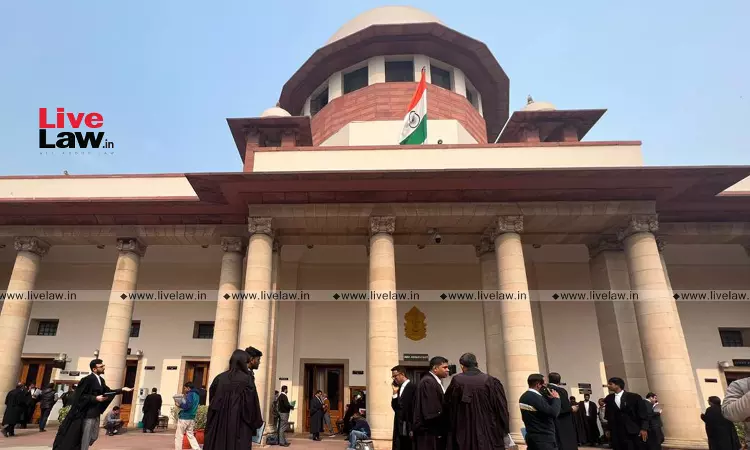Practice Of Conferring Senior Designation On Advocates Not Arbitrary Or Unreasonable : Supreme Court Rejects Challenge
Awstika Das
16 Oct 2023 11:12 AM IST

Next Story
16 Oct 2023 11:12 AM IST
The Supreme Court on Monday (October 16) upheld the practice of designating senior advocates, affirming the constitutional validity of Sections 16 and 23(5) of the Advocates Act, 1961. Section 16 of the Advocates Act says, "there shall be two classes of advocates, namely, senior advocates and other advocates" and says that the Supreme Court and the High Courts can confer senior...
